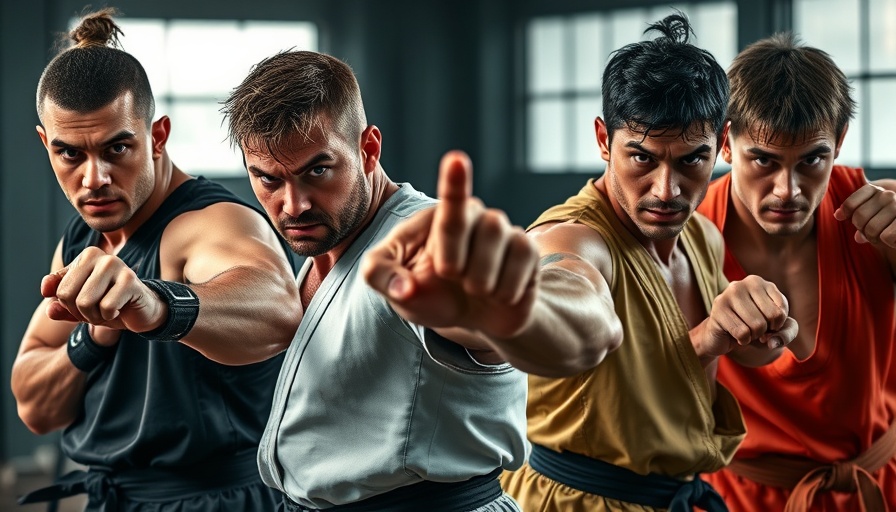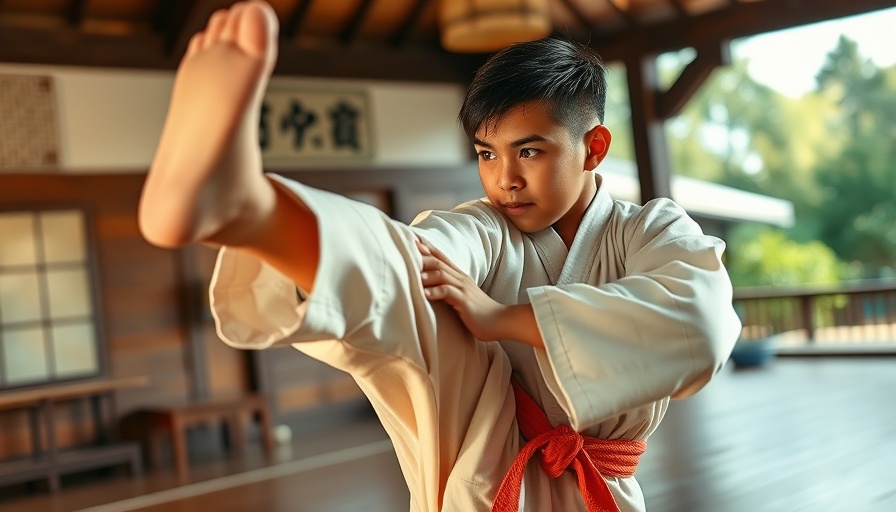
From Nostalgia to Nonsense: The Downfall of Cobra Kai
Cobra Kai kicked off as a nostalgic homage to the Karate Kid franchise, drawing in both original fans and newcomers with its heartfelt character arcs and relatable storylines. However, as the seasons progressed, the series drifted from its roots and fell into the realm of melodrama, leading to increasingly absurd plotlines that even the most devoted viewers found hard to swallow. While the early seasons tackled complex character motivations—such as Johnny Lawrence’s struggles with inadequacy—the latter seasons culminated in laughably exaggerated conflicts that detracted from the originality of the series.
What Went Wrong? A Deep Dive into Melodrama
Initially, Cobra Kai was heralded for its well-rounded characters and compelling story arcs. It explored themes of adult dissatisfaction and the pressures faced by a new generation of teenagers. The introduction of various character-driven stories allowed audiences to invest emotionally in both the teens and the adults. Yet, as the series approached its sixth season, signs of fatigue and inconsistencies emerged. Plotlines involving teenage rivalries over misleading loyalties lost emotional weight, and the original tone shifted towards bizarre and unrealistic scenarios. The emotional intelligence that once defined the show was overshadowed by a spiral into outrageousness.
Lessons for Karate Kid: Legends
With Karate Kid: Legends on the horizon, it’s essential to heed the lessons from Cobra Kai's later seasons. While it’s natural for a series to evolve, the key lies in retaining the core elements that made the original captivating. The 2010 version of The Karate Kid struck a balance between heartfelt storytelling and action-packed sequences, crafting a narrative that felt genuine. Legends should aim for this tone and avoid the pitfalls of absurdity that marred Cobra Kai’s finale. A focus on cultivating relatable character arcs and maintaining a grounded narrative structure will be pivotal for success.
Bridging Generations: What Martial Arts Teach Us
Martial arts, whether it’s karate, taekwondo, or mixed martial arts, teaches discipline, respect, and self-control—values that resonate both inside and outside the dojo. These elements serve as rich storytelling avenues, allowing characters in Karate Kid: Legends to explore their relationships and personal growth through the lens of martial arts. By infusing the film with lessons learned in dojo settings, filmmakers can create characters that are not only compelling but also relatable to different generations.
The Importance of Authenticity in Martial Arts Media
As martial arts enthusiasts, we recognize the importance of authenticity and respect both in the dojo and in the stories surrounding this discipline. Viewers are drawn to genuine narratives that reflect the true essence of martial arts. This means capturing not only the physical elements of training but also the mental and emotional journeys undertaken by practitioners. The next installment must prioritize portraying these nuances to engage an audience that appreciates the discipline and philosophy behind martial arts.
Your Path to Martial Arts Excellence: Join Us!
If your interest in karate has been sparked by the talk surrounding The Karate Kid and Cobra Kai, why not explore martial arts yourself? A reputable school can provide you with the skills you need, enhance your fitness, and connect you with like-minded individuals. Gruber's Karate in Gurnee offers martial arts classes for all ages. Step into the dojo today and unlock your potential!
 Add Row
Add Row  Add
Add 








Write A Comment